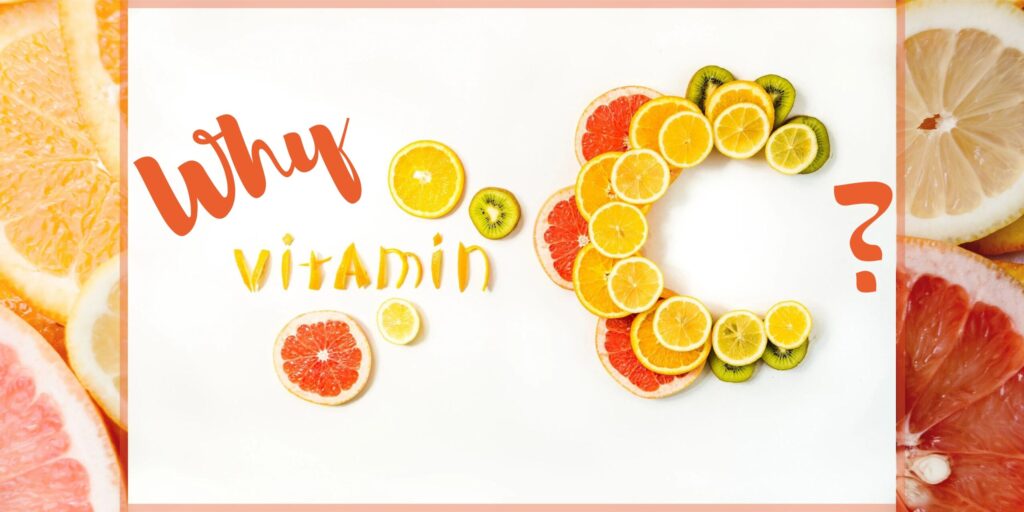Significance of vitamin C
The significance of vitamin C with its benefits and sources are meticulously explicated in this article. Vitamin C, often referred to as L-ascorbic acid, is a vitamin that exists naturally in certain foods, is added to others, and is rich in dietary fibre. Because humans, unlike the majority of animals, cannot produce vitamin C endogenously, it is a necessary dietary component. Endogenously refers to something that is created or synthesised inside the body or organism. Vitamin C is water-soluble and present in a variety of fruits and vegetables, including lemons, grapes, oranges, bell peppers, papayas, strawberries, mangoes, broccoli, pineapples, spinach, watermelon and kiwi fruit. While it’s generally recommended that you receive your vitamin C through regular meals, many individuals rely on pills to achieve their requirements. Because vitamin C is implicated in many aspects of the immune system, it is one of the most common reasons individuals take vitamin C supplements. To begin, vitamin C stimulates the production of white blood cells known as lymphocytes and phagocytes, which aid the body in fighting infection.
Importance of Vitamin C
You may boost your body’s defences by taking Vitamin C, which is a potent antioxidant. Antioxidants are chemicals that enhance the body’s ability to fight against disease and infection. Antioxidants achieve this by shielding cells from damaging free radicals. The significance of vitamin C includes the prevention of chronic illnesses. Oxidative stress, which has been related to several chronic illnesses, maybe induced when free radicals build up. According to research, more vitamin C consumption has been shown to enhance blood antioxidant levels by up to 30%. A natural anti-inflammatory response is bolstered as a result of this treatment. Antioxidant-rich vitamin C can raise levels of antioxidants in the blood, and as a result, chronic disorders like heart disease may be less likely to occur. Nutritional supplementation with vitamin C can help to strengthen the skin’s natural defences. It’s carried actively to the skin, where it can work as an antioxidant and reinforce the skin’s defences.
Vitamin C deficiency diseases
Heart disease, the largest cause of mortality worldwide, is made more likely by high blood pressure. The significance of vitamin C comprises the reduction of high blood pressure. According to research, Vitamin C has been demonstrated to reduce blood pressure in people with and without high blood pressure. Both healthy persons and others with high blood pressure can benefit from taking vitamin C supplements. Vitamin C may improve immunity by assisting white blood cell activity, bolstering the skin’s defensive system, and speeding wound healing. As you become older, vitamin C safeguards your memory and reasoning. Dementia is a broad term that refers to any indicators of impairment in one’s ability to think and remember. It affects about 35 million individuals globally and is most common in the elderly. Vitamin C is a powerful antioxidant, and low amounts have been related to problems with thinking and remembering. If you don’t receive enough vitamin C from your diet, vitamin C pills may help you avoid problems like dementia. However, further human research is required to fully comprehend the impact of vitamin C supplementation on nervous system health.
Functions of Vitamin C
In addition to being an essential nutrient, iron has a variety of functions in the body. It’s required to produce red blood cells and the transportation of oxygen throughout the body. Because iron from non-meat diets is poorly absorbed, it may benefit from vitamin C. It may also help prevent iron deficiency. The significance of vitamin C encompasses lowering uric acid levels in the blood and helping keep gout episodes at bay. Gout is a painful form of arthritis that includes inflammation of the joints, particularly those of the big toes. Patients with gout experience swelling and sudden, excruciating pain flare-ups. Reduction in blood uric acid content and a lower incidence of gout have been related to vitamin C-rich diets and supplements. While there appears to be a substantial relationship between vitamin C consumption and uric acid levels, additional research into vitamin C’s impact on gout is required. Vitamin C has been associated with various health advantages, including increasing antioxidant levels, decreasing blood pressure, preventing gout episodes, enhancing iron absorption, boosting immunity, and lowering the risk of heart disease and dementia.



